Could you provide an emergency home for a young person when they need it the most?
Wiltshire Council is asking people looking for a career change to consider fostering to help provide homes for the rising numbers of children and young people in care. The council has a number of different roles available for those interested in fostering.
One important role is that of an emergency foster carer.
Some situations arise unexpectedly, which means young people need emergency care and support at short notice.
Foster carers under this scheme provide temporary emergency care to any child or young person needing a safe place to stay until a suitable home is found. Young people in this situation are dealing with uncertainty and may also be traumatised and will need extra support.
Emergency foster carers receive £900 per week per child when they have a child to stay with them and £500 per week when they don’t have foster children to care for. The council would like to recruit more carers to help meet the demand.
Steve and Julie are emergency foster carers with Wiltshire Council. Steve realised that fostering would allow him to give up his manual job while doing something rewarding, to give something back. Steve is the primary foster carer in the family and is very proud that it is his full-time career.
The emergency fostering scheme has been challenging at times, but they have enjoyed working with every young person who has lived with them. Some young people have been demanding but he says it’s always nice to stay in touch with young people after they have moved on to other placements.
He said: “All young people who have come to live with us have been different, all individuals.
"Often we have needed time and patience to get past the initial bravado they present but underneath, all are children needing help and support. Many young people will challenge us regarding curfews and acceptable behaviours, but this just needs time and patience.
"It is sitting and talking to young people rather than telling them what they can and cannot do. They are often not used to having boundaries and so need help to understand the need for them. It is about meeting in the middle and finding a way through that works for everyone.
"We also help young people to work with the professionals involved in their lives so that they can get the best. Often, young people have not had good experiences, and listening to their stories can be hard, but it amazes us how resilient children are and how they want things to get better.
“Fostering is life changing and you will need to be dedicated but it so worthwhile. Anyone who is interested in fostering would not be disappointed. It is such a rewarding career. You feel you are helping and making a difference in the lives of young people.”
Cllr Laura Mayes, Cabinet Member for Children’s Services, said: “Many people look to change their career in the New Year. We are asking for people to join us and become a Wiltshire Council foster carer.
“We will support you and train you to be a foster carer for some of Wiltshire’s most vulnerable children and young people. We are particularly keen to recruit new emergency carers who can step in and provide that support for a short time.
"We recognise that our emergency foster carers provide a high level of support to the children and young people in their care. Therefore our generous payments reflect the level of care that’s needed. Fostering with your local council means all money is spent on frontline services and the child is more likely to be able to stay close to their school, friends and family.
"Anyone who would like to consider fostering can get in touch with us and have a chat, without any commitment, or join one of our online drop-in information sessions so you can find out more and hear from other foster carers. There is no obligation just an opportunity for a chat and to see if fostering is for you.”
Emergency foster carers should be available at least 14 nights a month. Emergency carers have a child or young person staying with them for 14 nights per month, followed by a rest period of up to 14 nights where they won’t have any child/young person staying with them. Carers need to be flexible as there will be times when they may need to take a child/young person in on the two-week off period, or the child may need to stay longer than anticipated.
For those wanting to find out more or ask questions, there are drop-in sessions throughout January, which can be accessed on this link – Join conversation (microsoft.com)

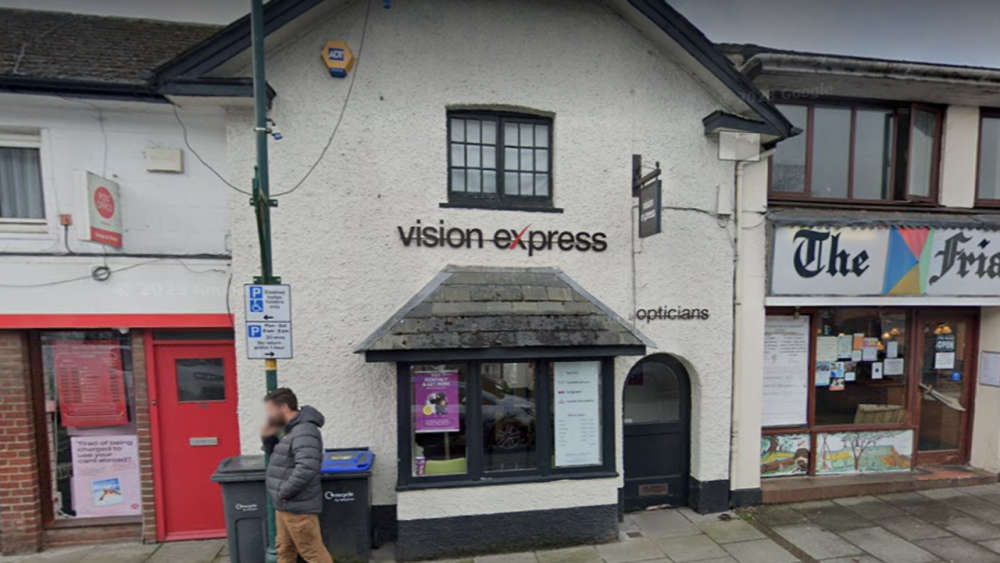 Multiple Pairs of Sunglasses stolen from Amesbury shop
Multiple Pairs of Sunglasses stolen from Amesbury shop
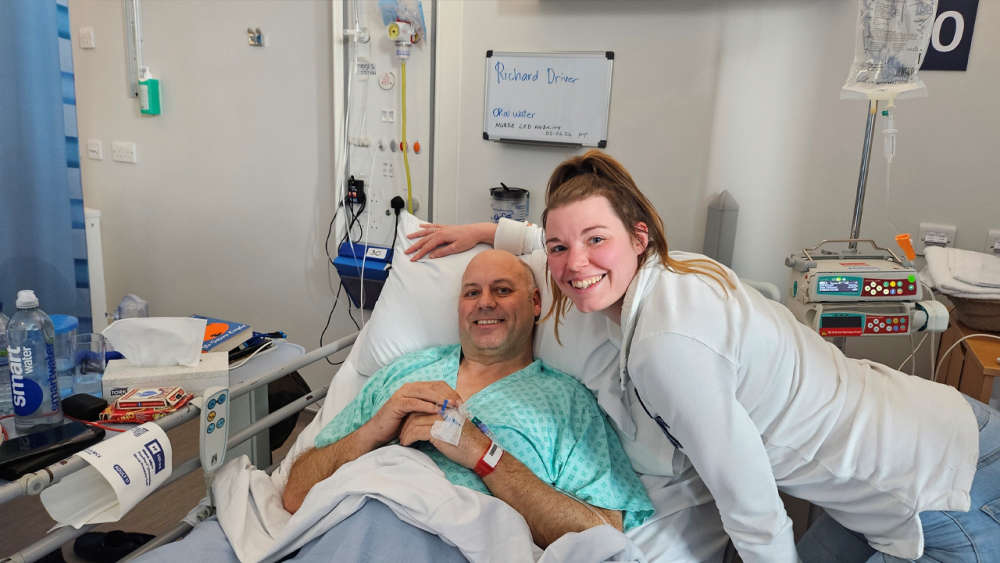 Salisbury woman to run marathon in honour of dad who survived tumour the size of a rugby ball
Salisbury woman to run marathon in honour of dad who survived tumour the size of a rugby ball
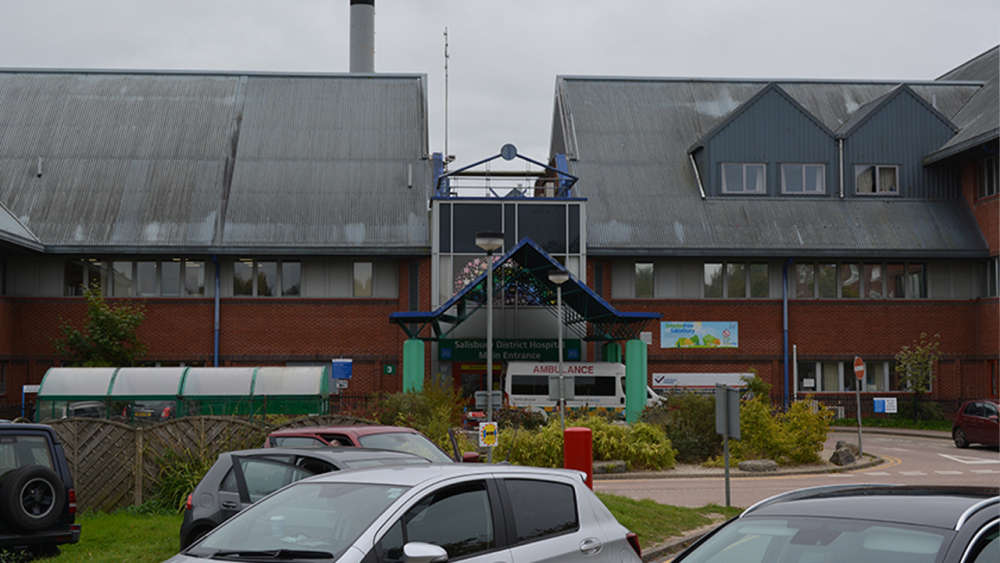 Salisbury District Hospital tops national survey
Salisbury District Hospital tops national survey
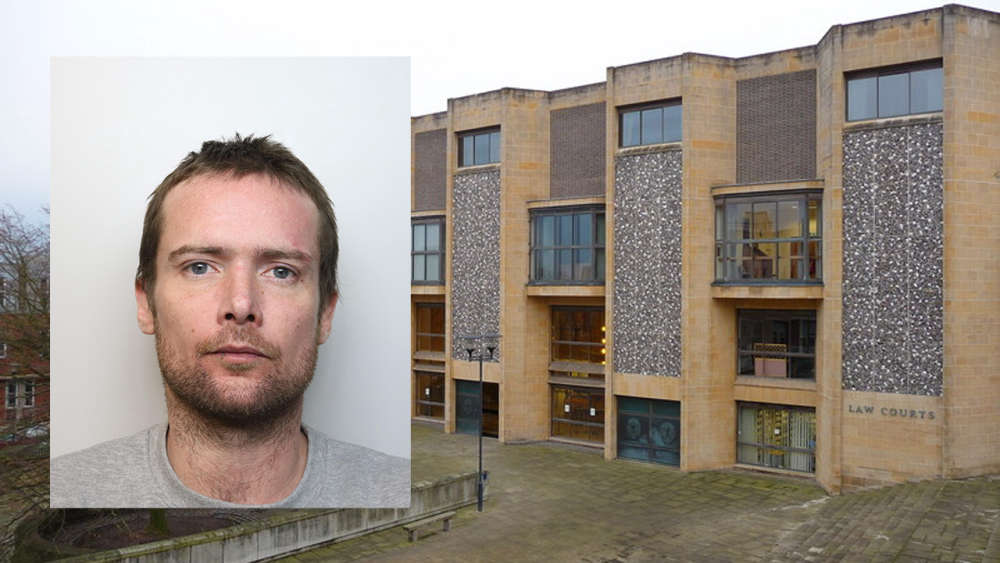 Man jailed for 28 months following stabbing in Amesbury
Man jailed for 28 months following stabbing in Amesbury
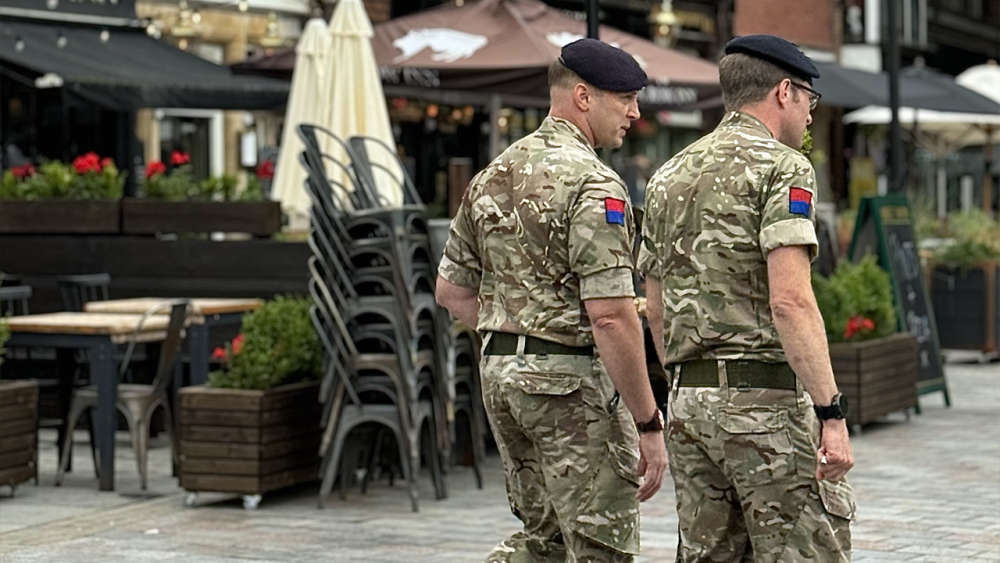 City Council announces plans for Armed Forces Day
City Council announces plans for Armed Forces Day
 Highest Score Arcade Announces Exciting Easter Events For All Ages
Highest Score Arcade Announces Exciting Easter Events For All Ages
 Man charged with attempted murder following serious crash in Salisbury
Man charged with attempted murder following serious crash in Salisbury
 Police looking for pair after attempted burglary on Catherine Street
Police looking for pair after attempted burglary on Catherine Street









